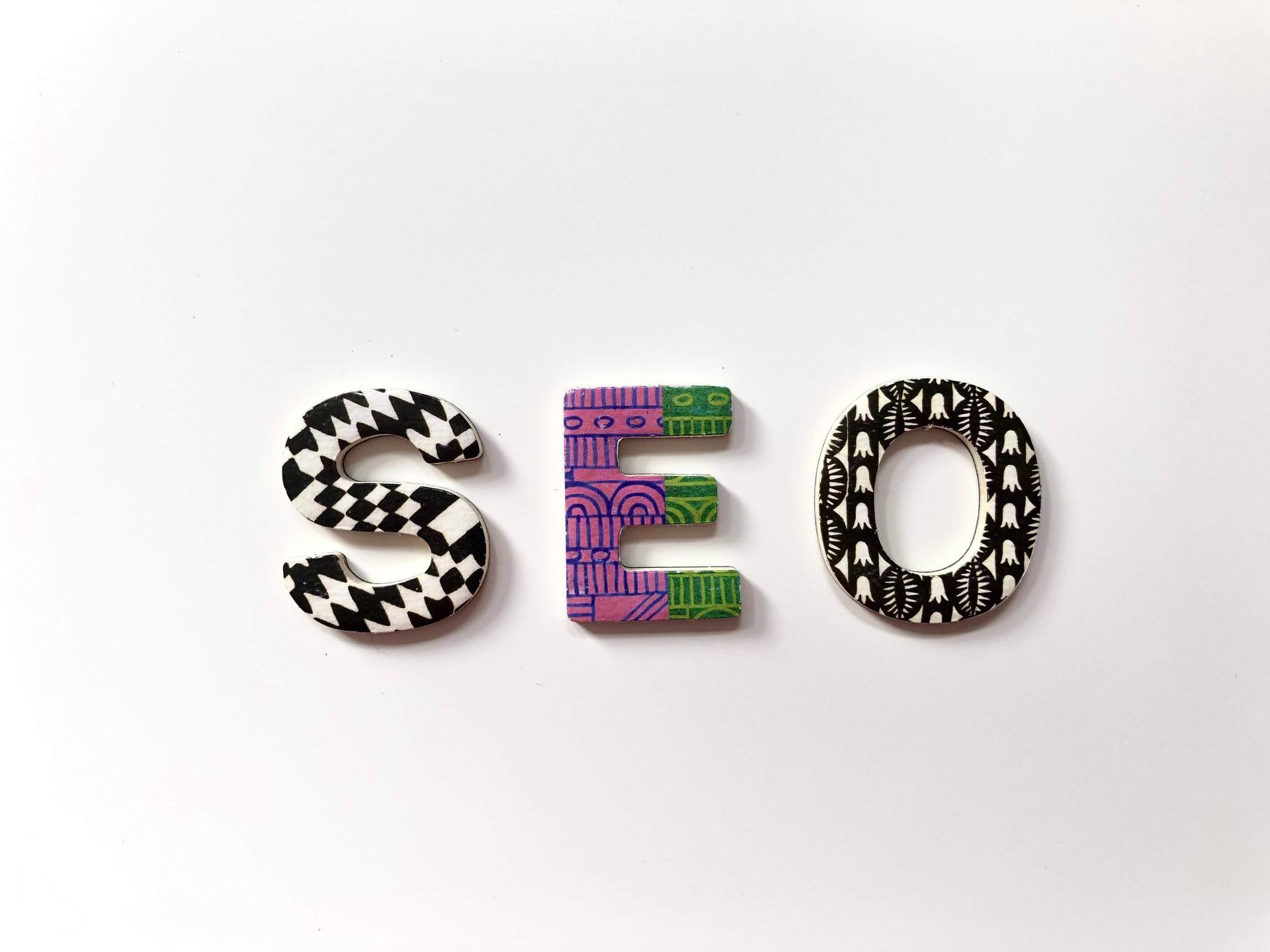You are reading...
Home > Run a Business > 8 SEO Strategies that All Small Businesses Need
8 SEO Strategies that All Small Businesses Need
By Rauva
•
Published on 31 January 2024
•
5mins read
Share

Paid refers to the method of paying for ‘Google Ads’ to appear at the top of search results for any given search.
Organic on the other hand, is the method of appearing on Google for free, and to do that, you need to optimise the pages of your website using SEO, or Search Engine Optimisation.
SEO is an enormous, in-depth topic, and paying an expert to take care of your SEO for you is a great idea if you have the budget to do so, however there are a few quick tips for you to consider when you are building your website which can make a big difference to help you appear on the first page of Google.
1. Keyword Research is, literally, Key
Keyword research involves identifying and analysing the words or phrases that people use to search for information online. These keywords are then used to optimise your website so that it appears higher in search engine results.
- Strategy: Dive deep into keyword research to uncover the terms your potential customers are using. There are some great online tools, both free and paid that can help.
- Takeaway: Targeting the right keywords helps you rank higher on search engines, driving more traffic to your site. Ideally, look for keywords that have high search volume and low competition.
2. Optimise for Mobile Users
Mobile optimisation ensures that your website functions correctly and looks good on mobile devices. This involves designing your site so it’s easy to use and navigate on smaller screens, and ensuring it loads quickly.
- Strategy: Ensure your website is mobile-friendly to cater to the growing number of smartphone users.
- Takeaway: A mobile-optimised site improves user experience and boosts your search engine ranking.

Rauva
Begin your Business
Adventure in Portugal Today!

3. Local SEO for the Win
Local SEO focuses on optimising your website to appear in search engine results for a specific location, usually where your business operates. This includes claiming your business listing on Google and gathering positive reviews.
- Strategy: Optimise your website for local search by claiming your Google Business profile and gathering positive reviews.
- Takeaway: Local SEO helps you stand out in local search results, attracting more customers in your area.
4. Quality Content Creation
- Strategy: Regularly publish high-quality, relevant, and informative content that addresses your audience’s needs and queries.
- Takeaway: Quality content enhances your site’s authority and keeps visitors coming back for more.
5. User Experience Matters
User experience (UX) refers to a person's overall experience when using your website. A good UX means your site is easy to use, navigate, and understand, which can encourage visitors to stay longer and return in the future.
- Strategy: Improve your website’s user experience by enhancing site speed, navigation, and design.
- Takeaway: A user-friendly website keeps visitors engaged and is favoured by search engines.
6. Backlink Building
Backlink building involves getting other reputable websites to link to your site. These backlinks act as endorsements, signalling to search engines that your site is trustworthy and authoritative.
- Strategy: Earn high-quality backlinks from reputable sites to boost your website’s credibility.
- Takeaway: Backlinks are a vote of confidence from other websites and contribute to higher search engine rankings.
7. Social Media Integration
- Strategy: Integrate your SEO efforts with your social media presence for a cohesive online strategy.
- Takeaway: Social media signals can contribute to your site’s SEO and extend your online reach.
8. Regular SEO Audits
An SEO audit is a process of analysing your website to identify and fix any issues that could be affecting its performance on the search engine result pages (SERPs). Regular audits help to maintain a healthy website and stay competitive online.
- Strategy: Conduct regular SEO audits to identify and fix any issues affecting your site’s performance.
- Takeaway: SEO audits help you maintain a healthy website and stay competitive in search engine rankings.
Conclusion
Using SEO to optimise your website isn’t a quick fix, and it won’t bring you customers overnight, however as a longer-term strategy, it can’t be beaten for value-for-money, online visibility, and building trust with your customers.
It can take 2-3 months for a well-crafted webpage to ‘rank’ (meaning to show up) on Google, but when it does, it will send qualified customers to your website for free, so SEO should be an essential component of your marketing strategy!
Written by Rauva
Our specialised team focuses on bringing relevant and useful content everyday for our community of entrepeneurs. We love to stay updated and we thrive on sharing the best news with you.
Subscribe to our newsletter
Receive the latests insights and trends to help you start and run your business.

